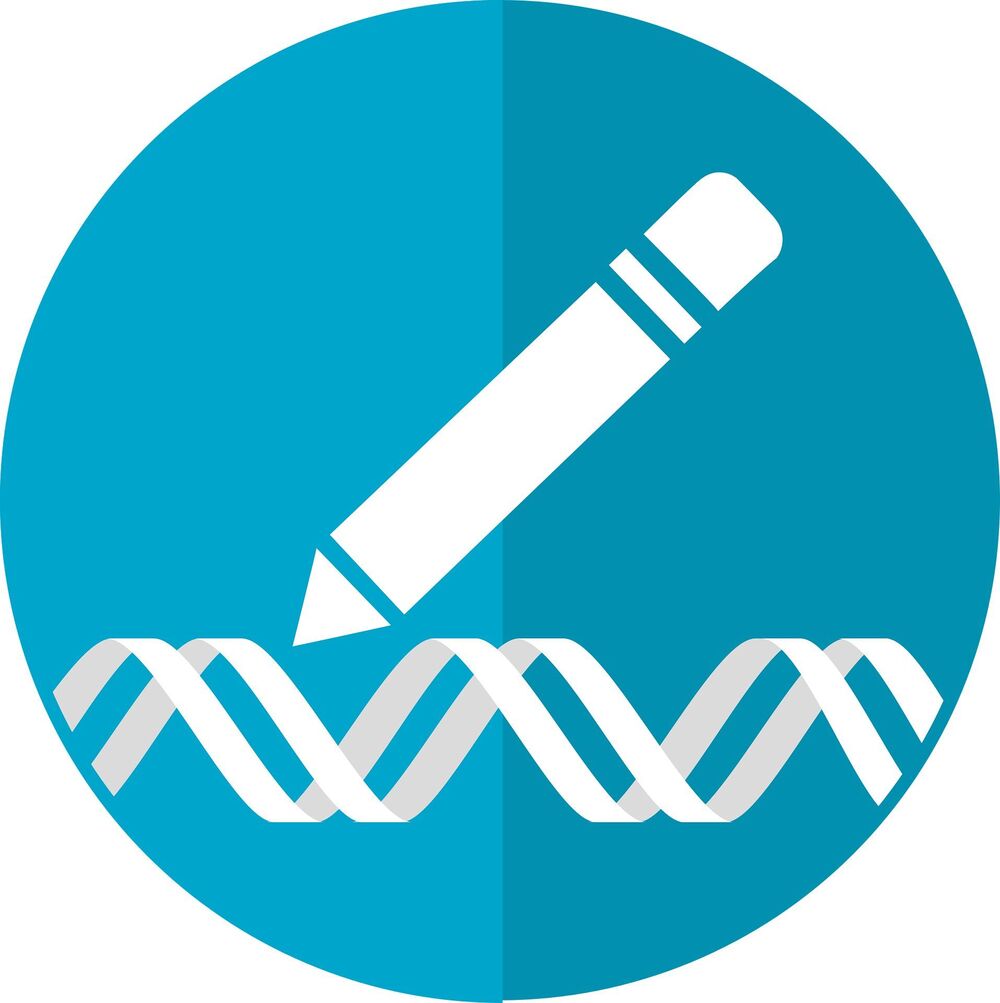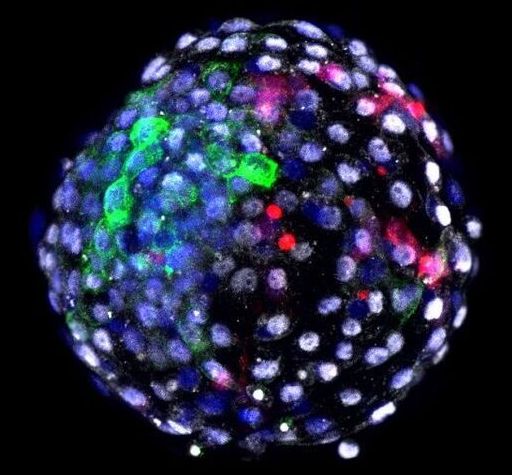A New Yorker review of “Roadrunner,” a documentary about the deceased celebrity chef Anthony Bourdain by the Oscar-winning filmmaker Morgan Neville, reveals that a peculiar method was used to create a voice over of an email written by Bourdain. In addition to using clips of Bourdain’s voice from various media appearances, the filmmaker says he had an “A.I. model” of Bourdain’s voice created in order to complete the effect of Bourdain ‘reading’ from his own email in the film. “If you watch the film, other than that line you mentioned, you probably don’t know what the other lines are that were spoken by the A.I., and you’re not going to know,” Neville told the reviewer, Helen Rosner. “We can have a documentary-ethics panel about it later.”
On Twitter, some media observers decided to start the panel right away.
“This is unsettling,” tweeted Mark Berman, a reporter at the Washington Post, while ProPublica reporter and media manipulation expert Craig Silverman tweeted “this is not okay, especially if you don’t disclose to viewers when the AI is talking.” Indeed, “The ‘ethics panel’ is supposed to happen BEFORE they release the project,” tweeted David Friend, Entertainment reporter at The Canadian Press.








